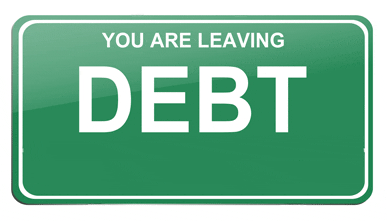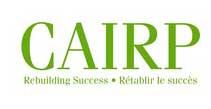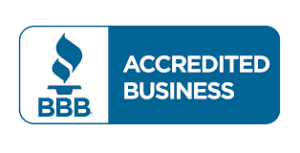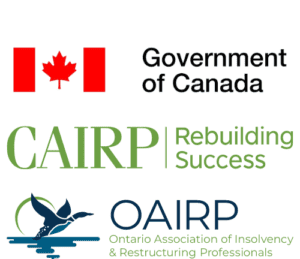Consumer proposal payments are designed to be fair and affordable.
Your income, your monthly expenses, and the amount you owe all play a role in setting your payment. The goal is to create one simple amount that fits your budget while offering creditors a reasonable return.
There are no hidden fees, no interest, and no extra charges.
The trustee looks at your take-home income to see what you can afford. You don’t need a high income. You just need enough steady income to support a predictable monthly payment.
Your Monthly Expenses Matter
Your essential living costs are included when calculating your payment. This covers:
- housing
- food
- transportation
- childcare
- medical costs
Your payment is never based on unrealistic numbers. It’s based on real life.
Your Total Debt Affects the Offer
The amount you owe helps determine the proposal amount. Higher debt may require a slightly higher monthly payment, but it is still far less than paying the full balance back with interest.
Creditors Expect a Reasonable Offer
Creditors vote on your proposal. Your trustee will recommend a payment that creditors are likely to accept based on experience and industry guidelines. Most creditors accept because a proposal gives them more than bankruptcy would.
No Interest Is Ever Added
Interest stops the day the proposal is filed. This keeps your monthly payment predictable and ensures your balance never grows.
All Fees Are Included
There are no upfront fees. All trustee fees are covered inside your monthly payment. You never pay extra legal or administrative charges.
Example of a Payment Calculation
If someone owes $30,000 and creditors agree to accept $10,000 over five years, the payment becomes roughly $167 per month. Your exact payment will be different, but the formula is always the same:
what you can afford + what creditors will accept = your monthly payment.
You Can Pay It Off Early
If things improve, you can pay down the proposal early with no penalties. Many people choose this to finish sooner and rebuild their credit faster.









